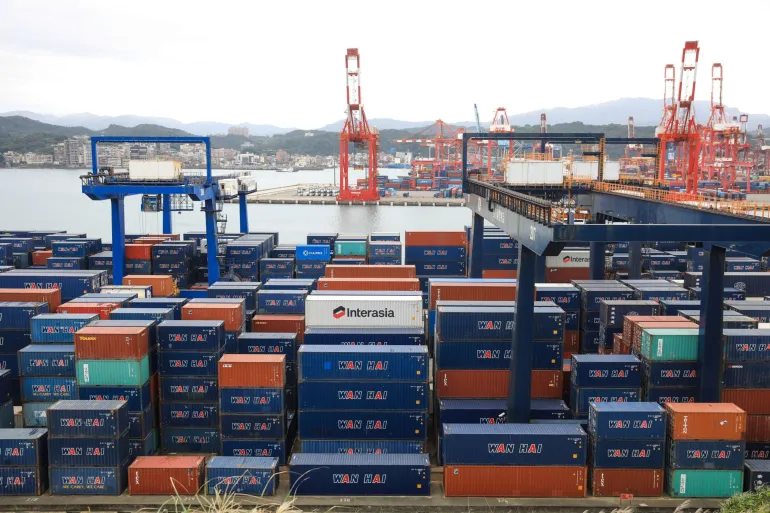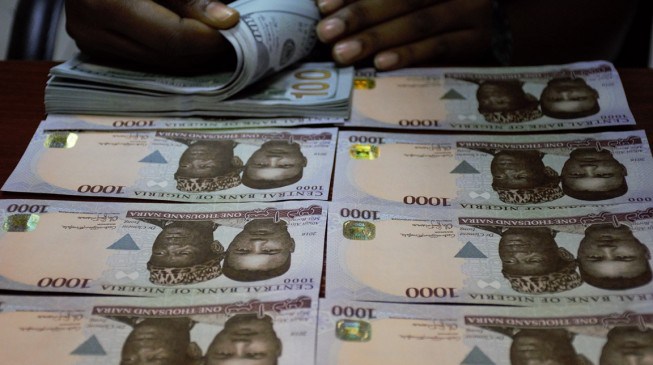The US and Taiwan have declared the start of trade discussions despite rising tensions with China over the self-ruled island’s status.
Washington and Taipei announced on Thursday that they had reached an agreement to continue forward with the US-Taiwan Initiative on 21st-Century Trade, which aims to increase trade and establish common standards in areas such as anti-corruption policies and environmental rules.
According to the US Trade Representative, the two parties have agreed on a mandate for negotiations, with the first round of talks scheduled to take place within two to three months.
“We intend to pursue an ambitious schedule for achieving high-standard commitments and meaningful outcomes across the eleven trade areas in the negotiating mandate that will help build a fairer, more prosperous, and resilient 21st century economy,” said Sarah Bianchi, Deputy United States Trade Representative.
The statement follows US Vice President Joe Biden’s decision to ban the democratic island from the Indo-Pacific Economic Framework for Prosperity (IPEF). The Asia-focused economic effort is commonly perceived as a response to China’s growing prominence as a rising military power with the world’s second-largest economy. China is the most important commercial partner for the majority of the region’s main economies, including Taiwan.
The negotiations provoked a harsh response from China, which responded to US House Speaker Nancy Pelosi’s recent visit to Taiwan with unprecedented military exercises and trade restrictions.
During a normal press briefing on Thursday, Commerce Ministry spokesperson Shu Jueting stated that China opposes the talks and will take all necessary steps to protect its sovereignty, security, and development interests.
Beijing regards Taiwan as a province that must be “reunified” with the mainland, using force if necessary, and has accused the US of attempting to reverse decades of diplomatic policy about the island’s status.
The Biden administration has stated that it remains committed to the “One China” policy, but it opposes any attempt to change the status quo through force.
Under Nixon’s policy, Washington does not recognize Taiwan as an independent country or territory of China, and only recognises – without recognizing – Beijing’s claim to the island. Under the Taiwan Relations Act of 1979, the United States is also obligated to assist Taiwan in defending itself.








